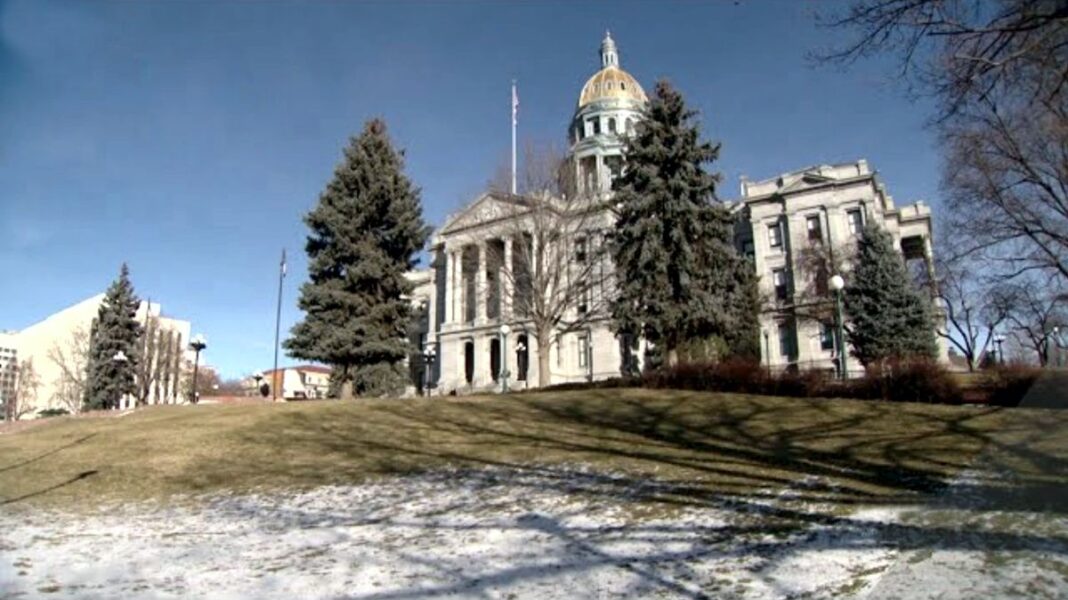Scarcity has replaced gluts as the biggest impediment to global growth
For a decade after the financial crisis the world economy’s problem was a lack of spending. Worried households paid down their debts, governments imposed austerity and wary firms held back investment, especially in physical capacity, while hiring from a seemingly infinite pool of workers. Now spending has come roaring back, as governments have stimulated the economy and consumers let rip. The surge in demand is so powerful that supply is struggling to keep up. Lorry drivers are getting signing bonuses, an armada of container ships is anchored off California waiting for ports to clear and energy prices are spiraling upwards. As rising inflation spooks investors, the gluts of the 2010s have given way to a shortage economy.
The immediate cause is covid-19. Some $10.4trn of global stimulus has unleashed a furious but lopsided rebound in which consumers are spending more on goods than normal, stretching global supply chains that have been starved of investment. Demand for electronic goods has boomed during the pandemic but a shortage of the microchips inside them has struck industrial production in some exporting economies, such as Taiwan. The spread of the Delta variant has shut down clothing factories in parts of Asia. In the rich world migration is down, stimulus has filled bank accounts and not enough workers fancy shifting from out-of-favour jobs like selling sandwiches in cities to in-demand ones such as warehousing. From Brooklyn to Brisbane, employers are in a mad scramble for extra hands.
Yet the shortage economy is also the product of two deeper forces. First, decarbonisation. The switch from coal to renewable energy has left Europe, and especially Britain, vulnerable to a natural-gas supply panic that at one point this week had sent spot prices up by over 60%. A rising carbon price in the European Union’s emissions-trading scheme has made it hard to switch to other dirty forms of energy. Swathes of China have faced power cuts as some of its provinces scramble to meet strict environmental targets. High prices for shipping and tech components are now triggering increased capital expenditure to expand capacity. But when the world is trying to wean itself off dirty forms of energy, the incentive to make long-lived investments in the fossil-fuel industry is weak.
The second force is protectionism. As our special report explains, trade policy is no longer written with economic efficiency in mind, but in the pursuit of an array of goals, from imposing labour and environmental standards abroad to punishing geopolitical opponents.
By Gina Moralez








